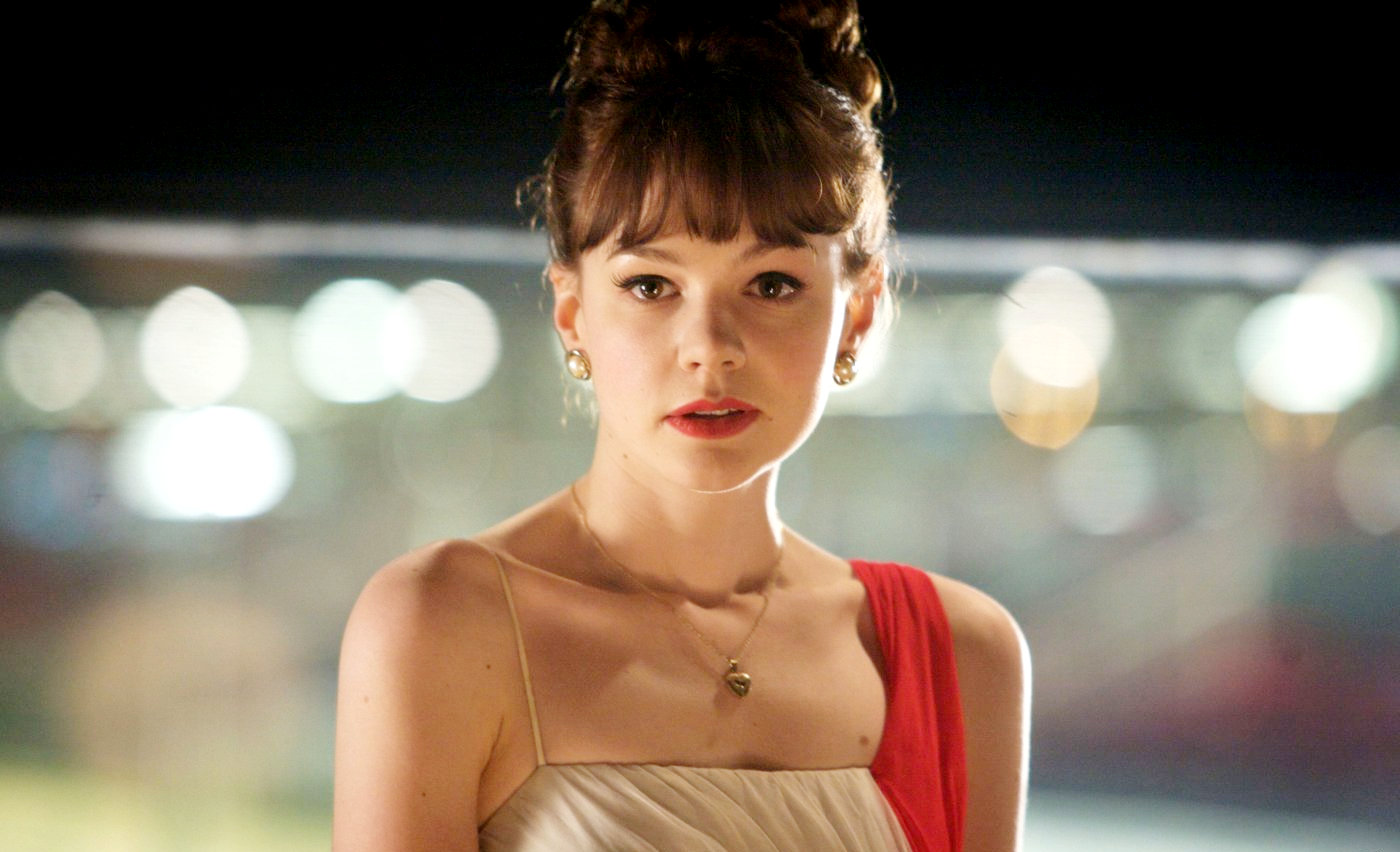
"Listen to them...children of the night. What music they make!"
The vampire has existed both in literature and in folklore for hundreds of years. From the folk tales of Eastern Europe to stories like Polidori's The Vampyre, the Dead Un-dead have haunted readers all over the world. But it was not until Dracula that the vampire became ingrained in our culture.
In fact, the vampire as we know it today, the suave eastern European aristocrat, is a creation of Irish writer Bram Stoker. During his life, he was most well known for his job as personal assistant to actor Henry Irving. Today, we remember him for bringing to life one of literature's most famous villains.
The Plot:
The novel is told mainly through a series of journal entries by various characters, as well as various newspaper clippings relative to the story. The tale begins with Jonathan Harker traveling to the Carpathian Mountains to provide legal counsel to one Count Dracula. It isn't long before Jonathan realizes that his host, for all of his aristocratic ways, might just be evil incarnate. His suspicions are confirmed after he finds himself a prisoner of Castle Dracula and is almost murdered by Dracula's three vampire brides. He barely escapes the castle with his life.
The story then switches back to England. Mina (Jonathan's fiance) is a friend of Lucy Westenra, a beautiful young woman who is loved by three men. Those men are Dr. John Seward (a psychiatrist who runs an asylum), Quincey Morris (an American adventurer) and Arthur Holmwood (an English aristocrat, whom Lucy agrees to marry). Not long after Lucy's engagement to Arthur, she begins to waste away. Dr. Seward summons the help of his old mentor, Abraham Van Helsing. Despite all of the men's effort, Lucy's life is slowly drained away. It is only after her death that the horrible truth dawns on them. The men decide to join forces to pursue the evil vampire. But as they begin their planning, it soon becomes apparant that Dracula has chosen his next victim: Mina. Now it will take all of their courage, brains, and use of modern technology to defeat Count Dracula and prevent Mina from sharing in Lucy's fate.
My Review (Caution-Spoilers):
I wasn't quite sure what to expect going into this novel. Not being much of a blood and gore person, this novel was not even on my radar for years. It wasn't until B. J. Harrison of The Classic Tales Podcast read a short story entitled Dracula's Guest that my curiosity was piqued.
It was actually much more interesting than I had ever imagined. Stoker's use of journal entries was very well done, and it really gave all of the characters who wrote them a lot of depth. In fact, the characters who didn't write any entries are much more one-dimensional (Dracula excluded). The story itself is thrilling, horrifying, and exciting. The foreboding begins on page one, and you can simply feel Dracula's influence throughout the whole novel. Even when he isn't mentioned specifically, he casts an evil shadow on all of the other events. At times, it was actually like having a bad dream. You realize that something evil is happening, but the other characters don't get it and you are powerless to stop it.
There were two main aspects of this novel that really caught my eye as I read it. The first was the use of modern technology to defeat Dracula. While the vampire himself is often restricted to older means of travel and communication (sailboats, letter, etc.), the others use all means of modern living to plot against him. The typewriter, phonograph, train, steamboat, and telegraph all play a role in helping the friends to speedily catch and destroy Dracula. Just imagine if they had had the internet, jet planes, and cell phones. The job would have been done in a day! The other aspect that intrigued me was the male/female relationships in the novel. The men of the novel are hell-bent in protecting Mina, even at the risk of their lives. But unlike a lot of novels of the time, Mina has brains and is often a big help in the planning. She appreciates and reveres the protection of these courageous men, but she is also a huge help to them and they all love her for it.
I don't think that I would go so far as to categorize this as "great literature". I think that it's importance lies mainly in the affect it had on popular culture, rather than the novel itself. It is, however, a thrilling read. If you want something that will spook you without being too gory, this is for you. It was definitely my most surprising read of the year.
P. S. I would like to clarify that I chose to read this novel LONG before I had ever even heard of Twilight. So for those who think that this is a sign of a secret desire to read that series, forget it.
The Movie:
There are only about a gazillion versions of this story that have hit the screen. According to Wikipedia there are 217 films that feature Dracula in a major role (that is second only to Sherlock Holmes who is in 223). In fact, it was the film adaptations of Stoker's novel that really launched Dracula into popular culture. The most popular versions include the 1931 version, the 1958 version, and the 1992 version. I have not seen any of these adaptations, so I can't really comment on them one way or another.
In fact, the vampire as we know it today, the suave eastern European aristocrat, is a creation of Irish writer Bram Stoker. During his life, he was most well known for his job as personal assistant to actor Henry Irving. Today, we remember him for bringing to life one of literature's most famous villains.
The Plot:
The novel is told mainly through a series of journal entries by various characters, as well as various newspaper clippings relative to the story. The tale begins with Jonathan Harker traveling to the Carpathian Mountains to provide legal counsel to one Count Dracula. It isn't long before Jonathan realizes that his host, for all of his aristocratic ways, might just be evil incarnate. His suspicions are confirmed after he finds himself a prisoner of Castle Dracula and is almost murdered by Dracula's three vampire brides. He barely escapes the castle with his life.
The story then switches back to England. Mina (Jonathan's fiance) is a friend of Lucy Westenra, a beautiful young woman who is loved by three men. Those men are Dr. John Seward (a psychiatrist who runs an asylum), Quincey Morris (an American adventurer) and Arthur Holmwood (an English aristocrat, whom Lucy agrees to marry). Not long after Lucy's engagement to Arthur, she begins to waste away. Dr. Seward summons the help of his old mentor, Abraham Van Helsing. Despite all of the men's effort, Lucy's life is slowly drained away. It is only after her death that the horrible truth dawns on them. The men decide to join forces to pursue the evil vampire. But as they begin their planning, it soon becomes apparant that Dracula has chosen his next victim: Mina. Now it will take all of their courage, brains, and use of modern technology to defeat Count Dracula and prevent Mina from sharing in Lucy's fate.
My Review (Caution-Spoilers):
I wasn't quite sure what to expect going into this novel. Not being much of a blood and gore person, this novel was not even on my radar for years. It wasn't until B. J. Harrison of The Classic Tales Podcast read a short story entitled Dracula's Guest that my curiosity was piqued.
It was actually much more interesting than I had ever imagined. Stoker's use of journal entries was very well done, and it really gave all of the characters who wrote them a lot of depth. In fact, the characters who didn't write any entries are much more one-dimensional (Dracula excluded). The story itself is thrilling, horrifying, and exciting. The foreboding begins on page one, and you can simply feel Dracula's influence throughout the whole novel. Even when he isn't mentioned specifically, he casts an evil shadow on all of the other events. At times, it was actually like having a bad dream. You realize that something evil is happening, but the other characters don't get it and you are powerless to stop it.
There were two main aspects of this novel that really caught my eye as I read it. The first was the use of modern technology to defeat Dracula. While the vampire himself is often restricted to older means of travel and communication (sailboats, letter, etc.), the others use all means of modern living to plot against him. The typewriter, phonograph, train, steamboat, and telegraph all play a role in helping the friends to speedily catch and destroy Dracula. Just imagine if they had had the internet, jet planes, and cell phones. The job would have been done in a day! The other aspect that intrigued me was the male/female relationships in the novel. The men of the novel are hell-bent in protecting Mina, even at the risk of their lives. But unlike a lot of novels of the time, Mina has brains and is often a big help in the planning. She appreciates and reveres the protection of these courageous men, but she is also a huge help to them and they all love her for it.
I don't think that I would go so far as to categorize this as "great literature". I think that it's importance lies mainly in the affect it had on popular culture, rather than the novel itself. It is, however, a thrilling read. If you want something that will spook you without being too gory, this is for you. It was definitely my most surprising read of the year.
P. S. I would like to clarify that I chose to read this novel LONG before I had ever even heard of Twilight. So for those who think that this is a sign of a secret desire to read that series, forget it.
The Movie:
There are only about a gazillion versions of this story that have hit the screen. According to Wikipedia there are 217 films that feature Dracula in a major role (that is second only to Sherlock Holmes who is in 223). In fact, it was the film adaptations of Stoker's novel that really launched Dracula into popular culture. The most popular versions include the 1931 version, the 1958 version, and the 1992 version. I have not seen any of these adaptations, so I can't really comment on them one way or another.


































